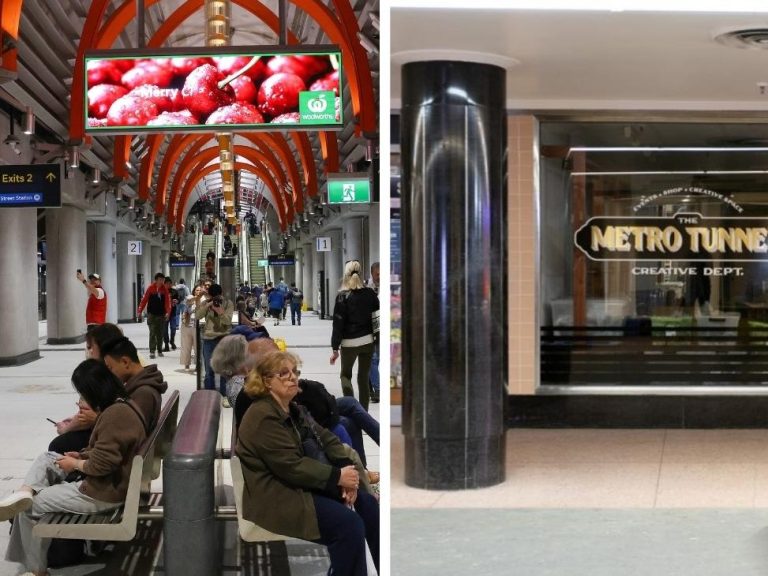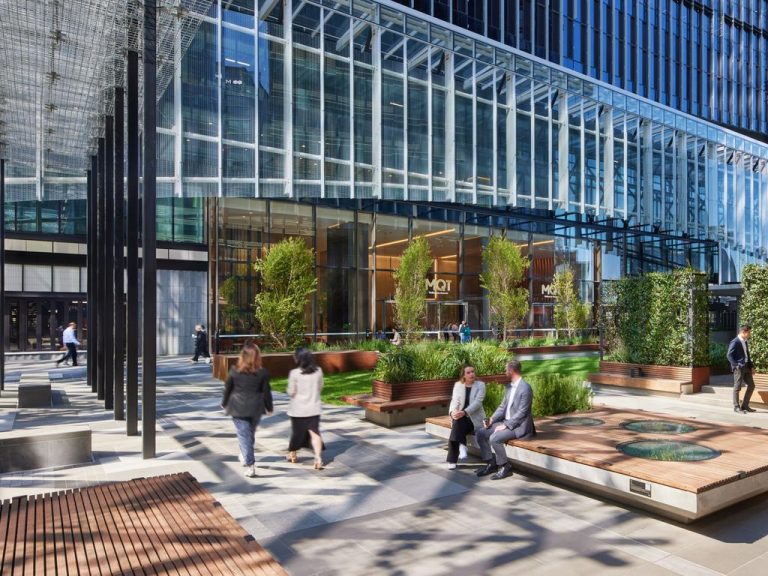Top commercial property landlord obligations

Your obligations as a commercial property landlord don’t end when you and your tenant signs the lease.
Have you read the lease in detail and agreed on maintenance, fit-out and make-good issues?
Do you know what your rights are as a commercial property landlord and who you can call on for help?
Industry experts explain commercial landlords’ top obligations.
1. Examine the lease in detail
It sounds obvious but many landlords disregard this all-important point before signing on the bottom line, according to Property Law Partners’ principal Renee Foot.

Always double-check your lease, regardless of what commercial asset you own. Picture: Getty
Ms Foot said even the most experienced commercial landlords should always do their due diligence.
“When you first know if someone’s contracting to buy the property, read the lease to make sure you’ve covered everything off and also just to be careful,” she said.
“Most problems can be fixed and most problems aren’t problems.
“You just need to know about them so that you can deal with them.”
Double-checking your commercial lease is particularly critical as individual Australian states have different legislation and laws regarding commercial leases, she said.
“There are no standard leases in Queensland so it’s important for landlords to actually read and consider their lease,” Ms Foot explained.
“Look carefully at what it says – and by that, I mean not what you think it says or what the different parties involved think it says.”
2. Check the legislation before charging for outgoings
Outgoings are generally a commercial tenant’s financial responsibility and include all the expenses involved in maintaining a commercial building such as council rates, utilities, insurance and repairs.
Landlords will take care of major structural repairs of the building itself.
But again, these points should be double-checked to ascertain and agree to exactly who is charged for what detail and to ensure as few arguments as possible, Ms Foot explained.
“When you’re looking at how you charge outgoings, look at what your obligations are under the legislation in terms of what you’re entitled to recover,” she said.
“For example, there will be different terms on retail shop leases as opposed to other commercial leases.”
Ms Foot added that commercial landlords who owned several properties in the same building or on the same block should definitely keep this issue in mind.
“If you’ve got more than one tenancy, there might be common areas where outgoing charges need to be shared so look at what your areas are from a practical perspective, and who should be paying what,” she said.
“You need to make sure that all your leases are working together so that you’re picking up financial responsibilities that you need to pick up and you’re not leaving yourself exposed to any issues.”
Ms Foot said a good example of this point was a service station that also featured a shop and mechanics area, which were all set on a large hardstand, or concrete outlay on the ground.
“The service station, shop and mechanics share the hardstand area in terms of access but who should pay for maintenance of this area?” she said.
“This is a common issue that sounds boring but you need to work it out as it can become a big issue.”
3. Ensure you have the right insurance
CBRE’s Scott Orchard concurred that landlords who thoroughly checked their commercial lease would then be aware of their maintenance obligations and requirements.
“Landlords should thoroughly and frequently check the building’s essential safety services and maintenance requirements, and always ensure there is insurance coverage,” the capital markets office senior director explained.
“You should also frequently review any agreements with third-party contractors to ensure you’re getting quality service and competitive arrangements.”
Mr Orchard added that property managers could definitely assist inexperienced landlords.
“These management services can help you come to grips with managing investments,” he said.
“Don’t forget too that fees are sometimes recoverable from tenants.”
4. Ensure the make-good clause suits you
Ms Foot said that landlords should ascertain that make-good clauses are as much in their favour as possible.

Make-good options give landlords different choices for their property’s fit-out at the end of a tenancy. Picture: Getty
She explained landlords could be involved in drafting the lease to make sure of this point.
“Make-good clauses often mean taking a property back to the shell when a tenant leaves, which seems great,” she said.
“But after a three-year tenancy – and depending on how the market is and what costs there are – you might not want to make the tenant take the property back to a shell form but instead, leave what they’ve got there and you can just do a refit.
“And these days especially when we’re more environmentally friendly, it can seem silly to just gut a building when we can use what’s there and repurpose it, or just freshen it up.
“So it’s important for the lease to have a make-good clause option where a landlord can say, ‘Yes, take it out’ or ‘No, don’t take it out’.”
5.Keep up with legislation changes
The pandemic has seen constant legislative changes affect many aspects of everyday life, including commercial property leases.
A prime example of this is Queensland legislation which essentially protects tenants by not allowing landlords to issue termination notices, breach notices and similar, Ms Foot explained.
“Legislation has changed and it’s continuing to do so,” she said.
“So before a landlord just gives out a breach notice to their tenant, they should check that it’s done in the correct way so they won’t expose themselves by doing this in the manner they’ve always done.”

Talk to your lawyer before issuing tenancy breach notices. Picture: Getty
The only way for landlords to ensure they aren’t in the wrong when issuing tenancy notices is to check with their lawyer beforehand, Ms Foot said.
“If rent is not getting paid, landlords are already going to be stressed and they don’t need to add to this by having a tenant come and attack them for doing something wrong,” she said.
Commercial landlords should also determine whether they’re achieving the best possible asset structuring and funding arrangements for their property, according to Mr Orchard.
Accountants and financial institutions can give helpful advice on these points, which are particularly important when considering ongoing financial performance and minimising downtime between tenants, he said.
“Landlords should always keep an open mind on opportunities to enhance or add further value to their asset, and ensure the quality of the accommodation is desirable and commensurate with the location,” Mr Orchard explained.
“When you’re seeking a tenant, consider incentives for new lease deals and even lease option renewal clauses.
“It’s also worth seeking professional advice on tax and depreciation and considering service providers that can check or argue statutory and other items for incorrect assessment, such as land tax.”







